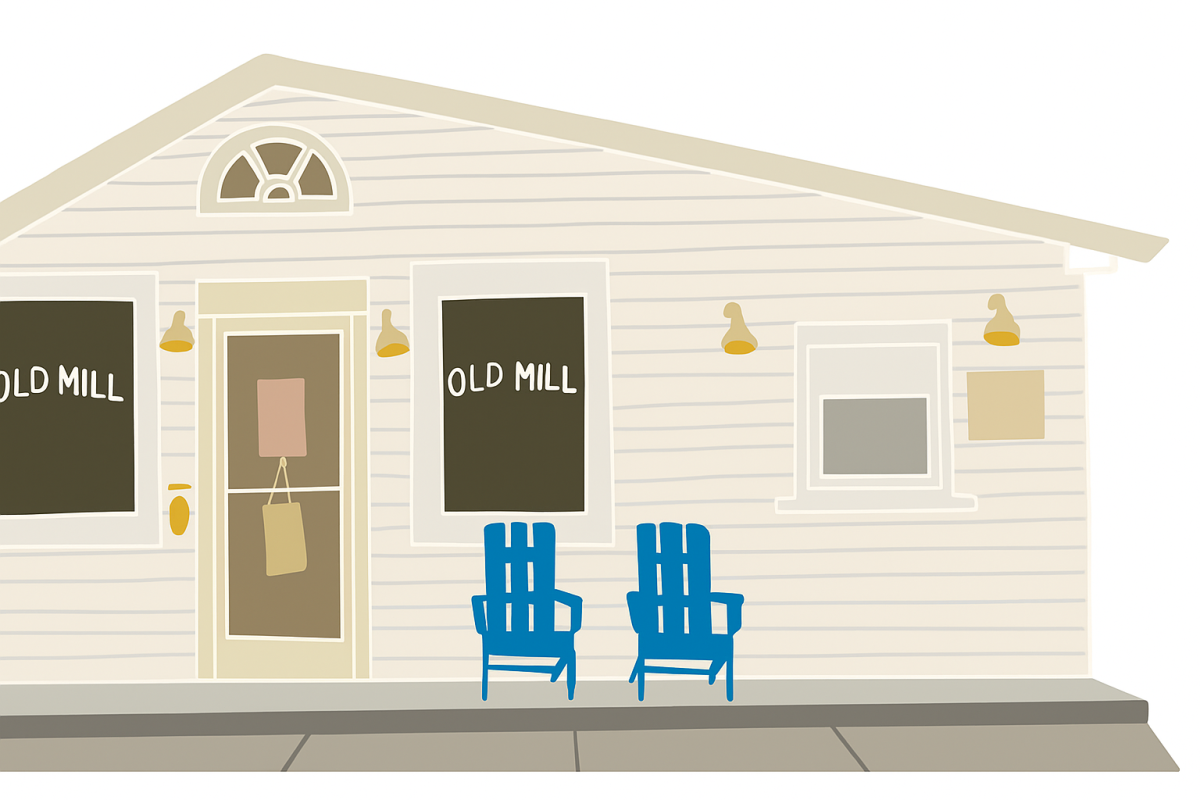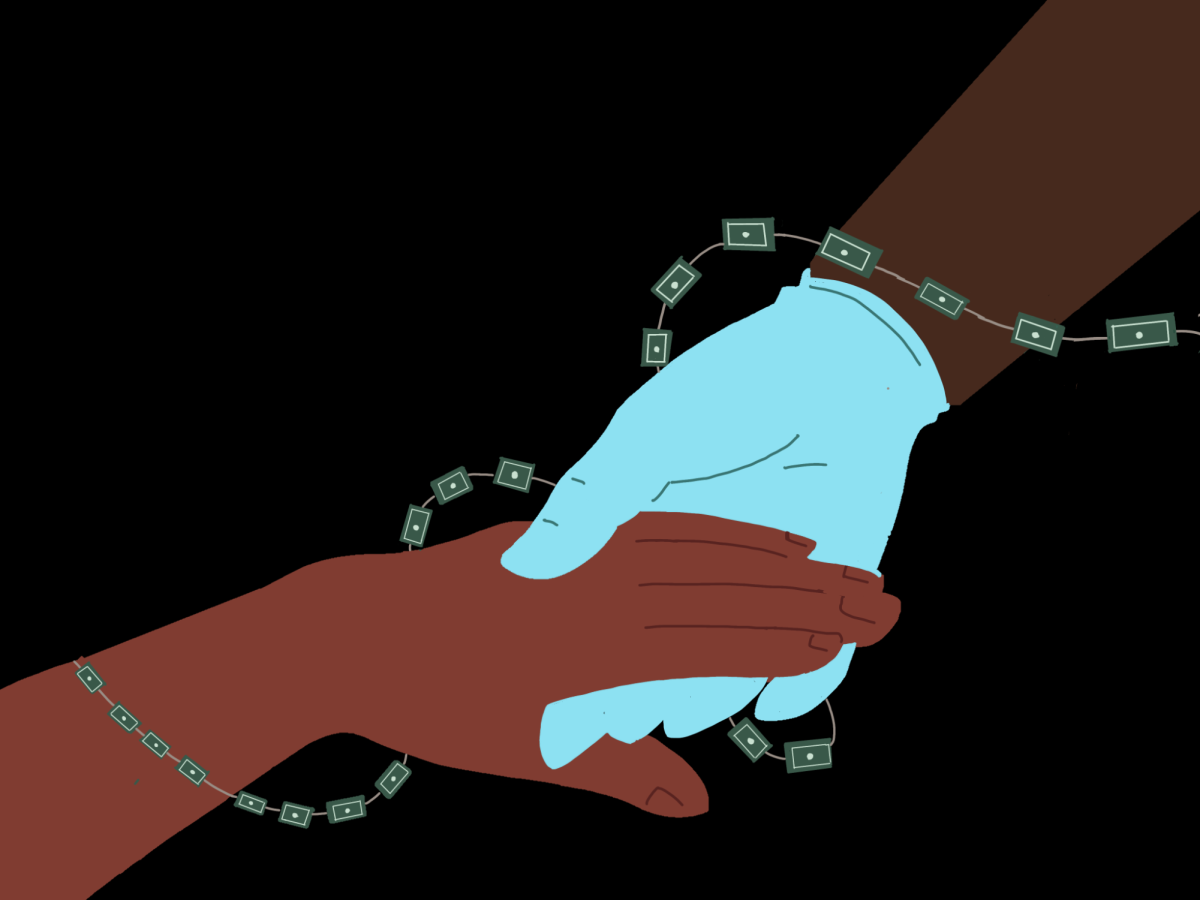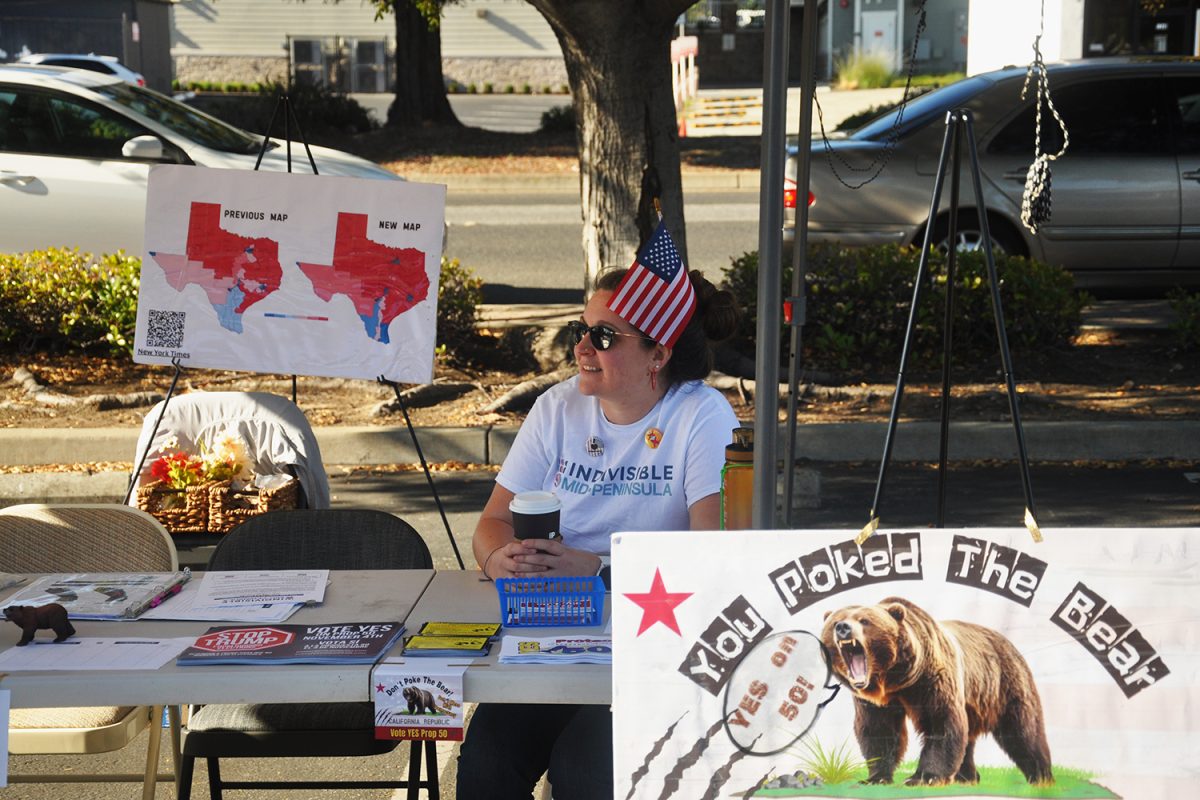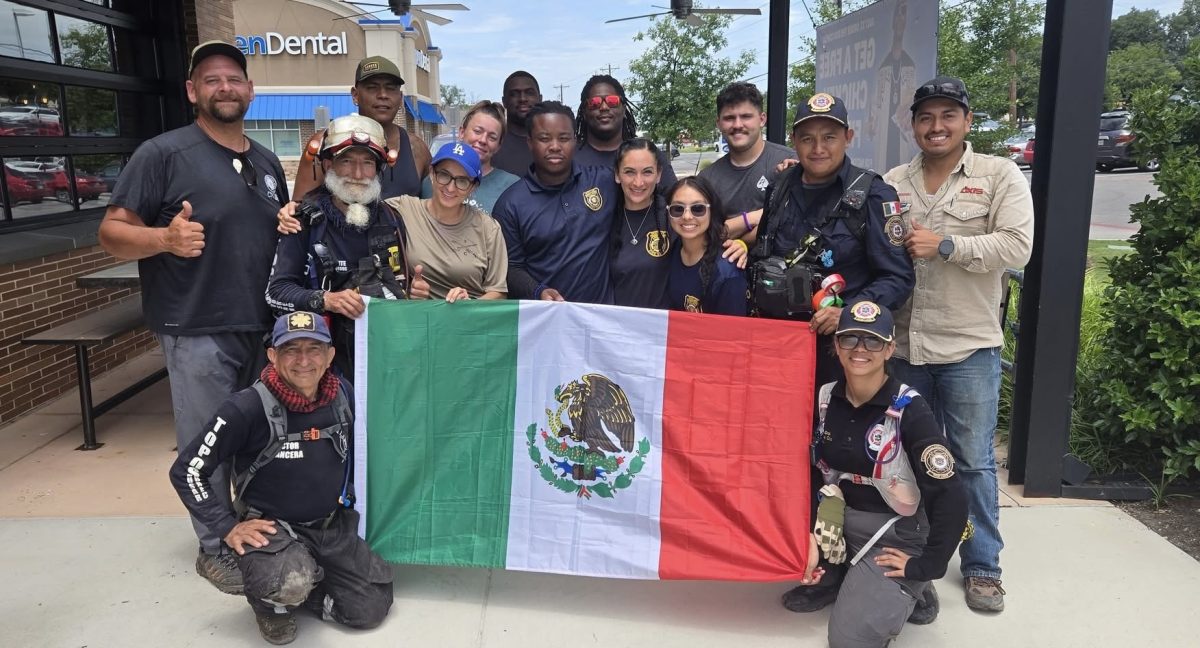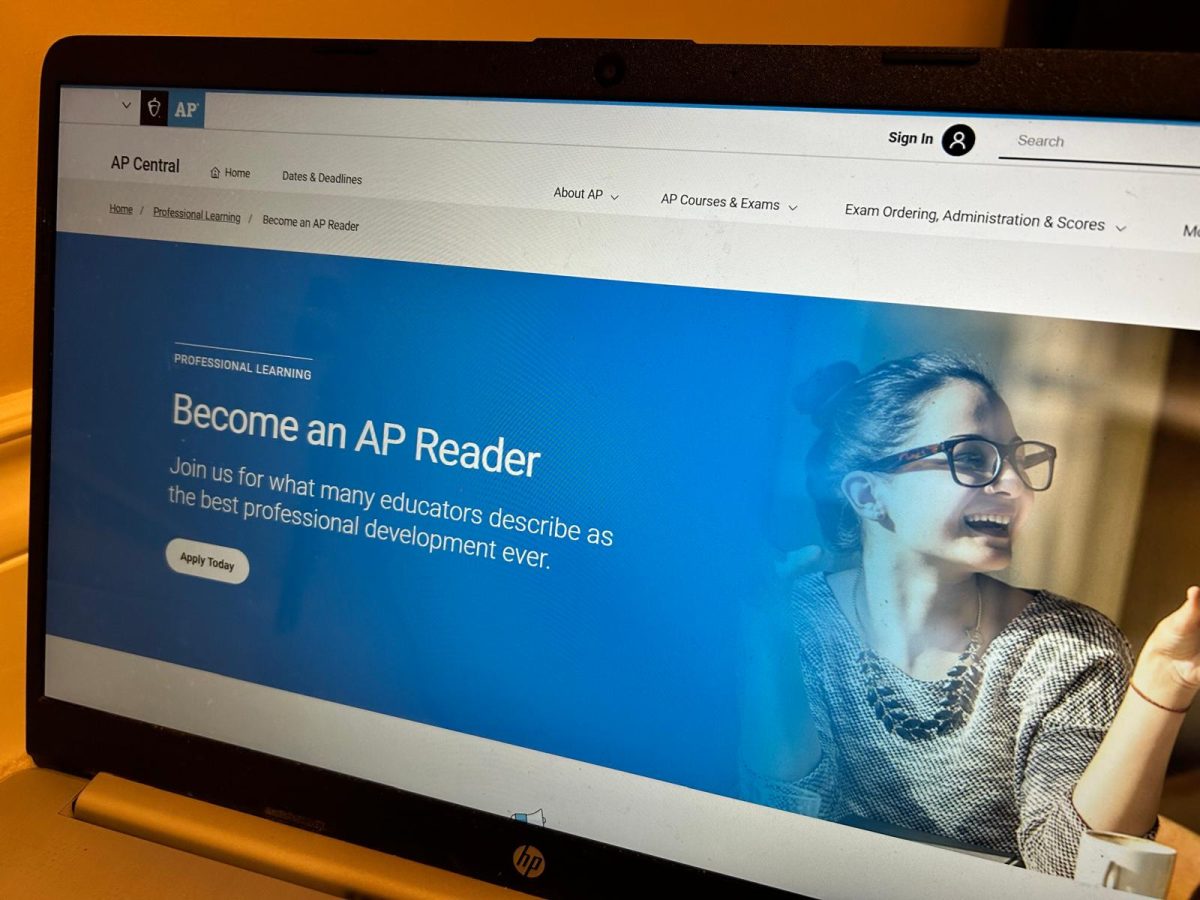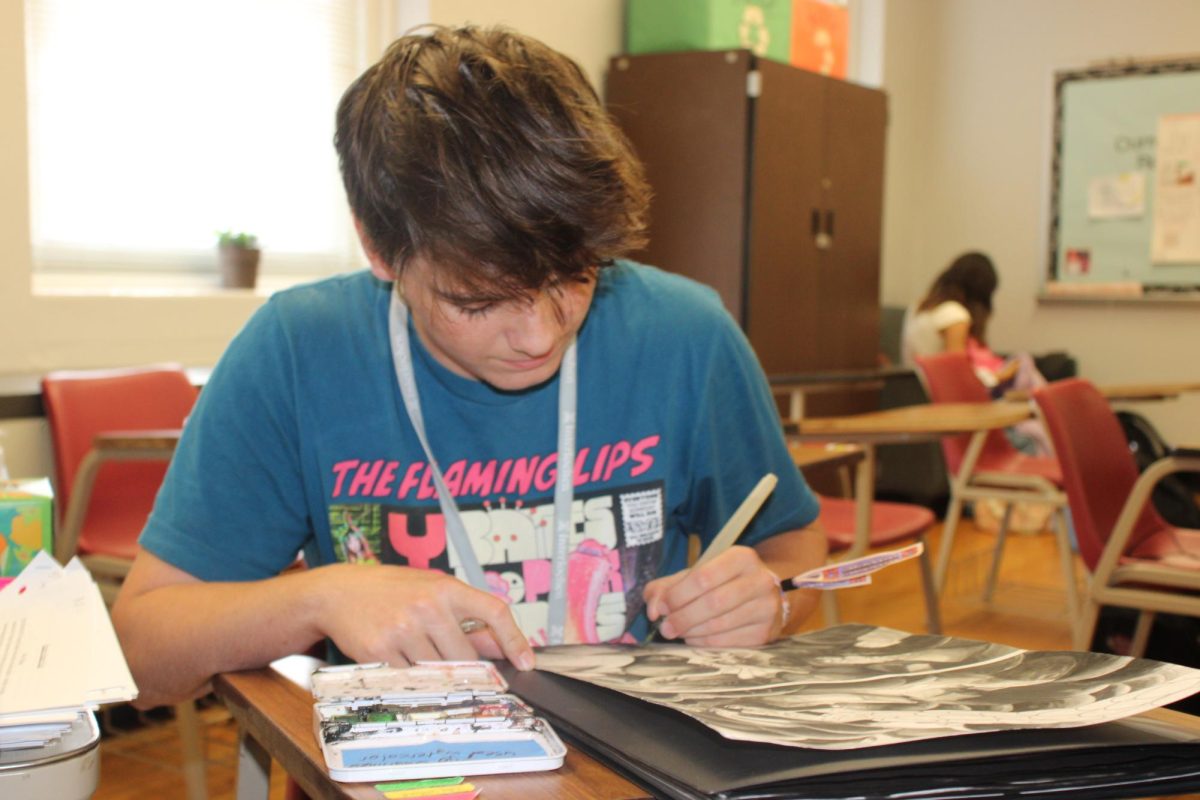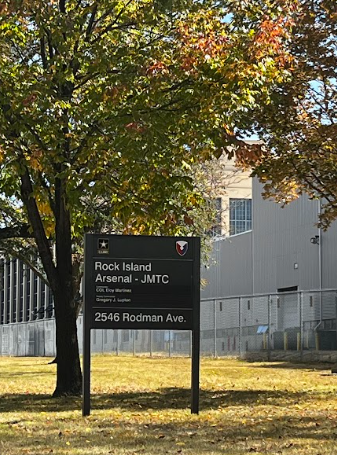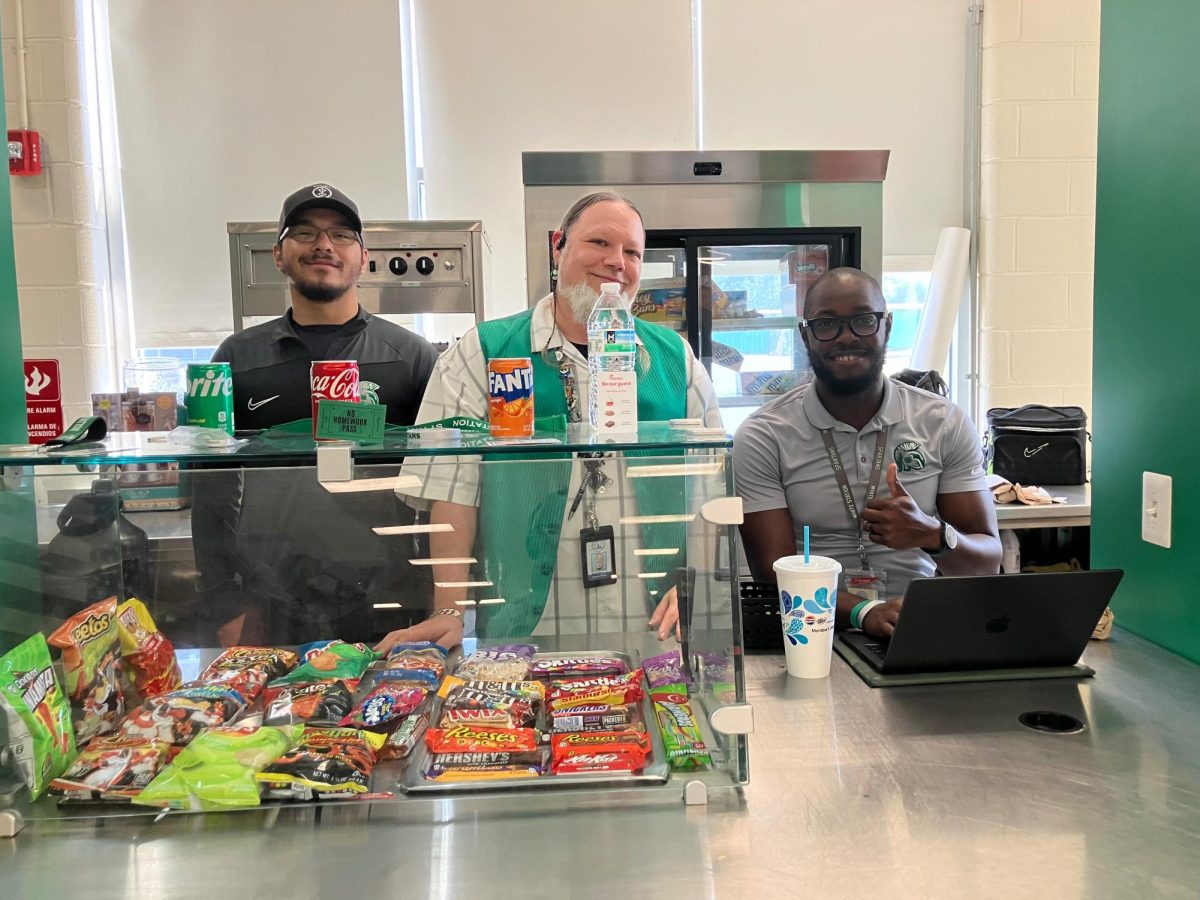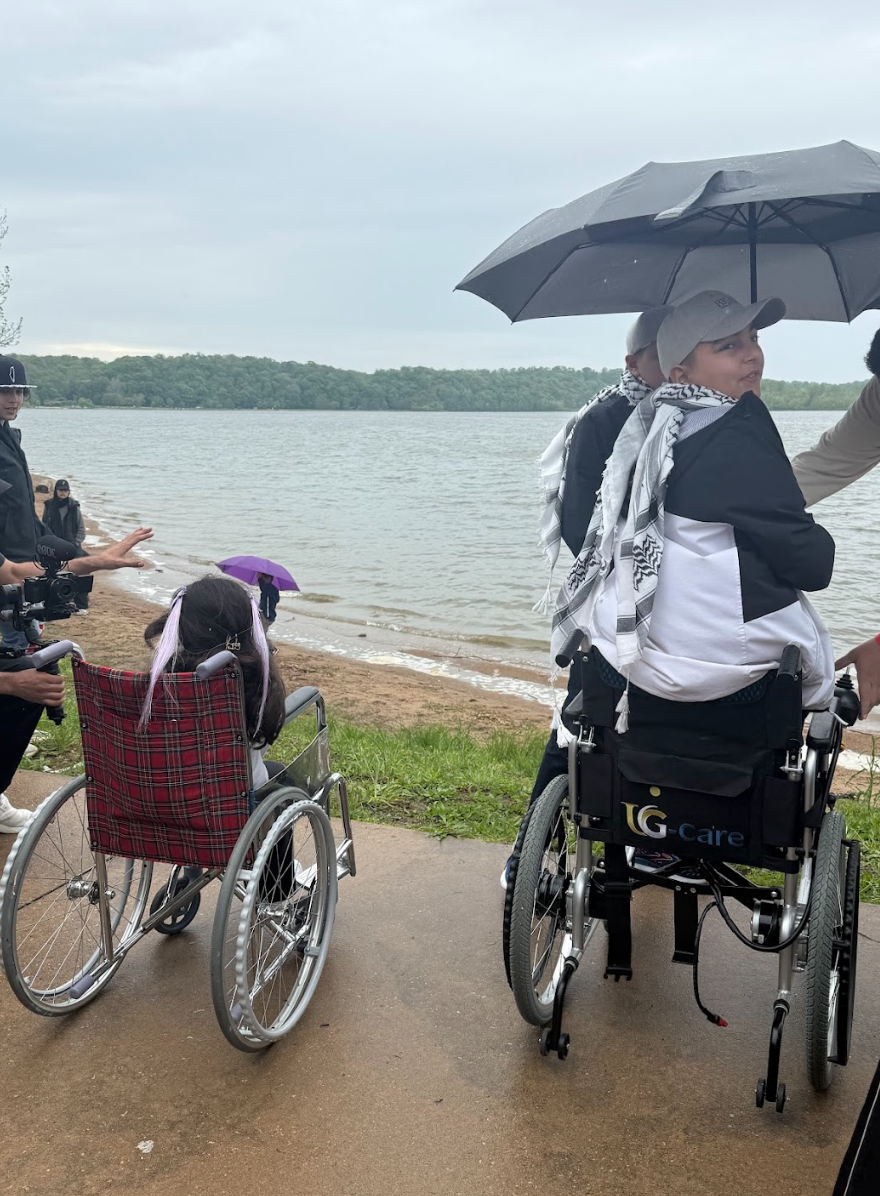Tala is a physically disabled child who grew up in the city of Tel el-Hawa located in the southern region of Gaza. The date of Oct. 7, 2023, marked a turning point in Tala’s life. Already left at a physical disadvantage, her numerous physical and financial challenges — along with her house getting bombed by an airstrike — left Tala with no choice but to seek help in the U.S, improving her health and overcoming her trauma in the process.
In Gaza, regular bombings and humanitarian neglect have left hospitals with no stable source of oxygen, thousands of children amputees, and volunteer doctors working at the frontlines of war. Despite the circumstances, HEAL Palestine, a non-political humanitarian non-profit, is working to bring refugee children to the States so they can not only get medical support, but also experience a normal childhood — one devoid of violence.
On April 27, HEAL Palestine hosted a gala fundraiser to support young Gazan refugees Tala and Mustafa, who are currently seeking medical treatment in the St. Louis area. Tala is 7 years old and was born with multiple physical issues: a forced below-the-knee amputation on her left leg, severe clubfoot with malformed toes on her right foot, as well as many abnormalities in her upper body, most notably the syndactyly in her fingers. Although Tala received a prosthetic for her left leg in Gaza, it did not function properly, thus requiring her treatment in the U.S.
Though Tala’s physical disadvantage did not originate from the war, Mustafa’s was directly caused by it. At just 9 years old, Mustafa endured a bombing that struck near his home. Mustafa survived at the expense of losing both of his legs. Mustafa’s 6-year-old sister, however, did not survive the attack. Mustafa is currently undergoing treatment for his amputated legs in St. Louis, which includes intense surgical procedures and the implementation of proper prosthetics. Both Tala and Mustafa, thanks to the work of HEAL Palestine, were able to escape their war zones and finally get the help they needed.
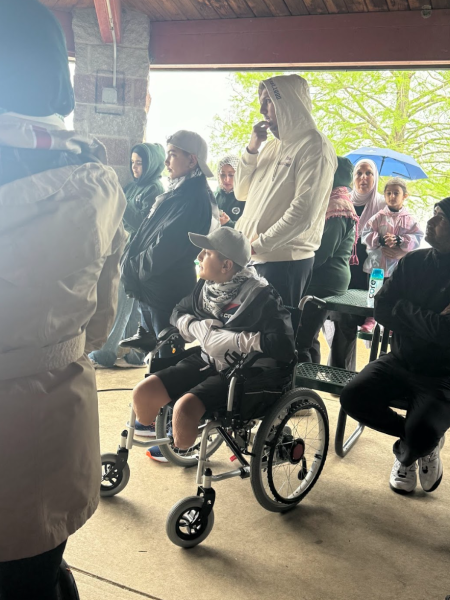
HEAL’s event attracted hundreds of residents in the St. Louis area and a few notable figures who have contributed greatly to saving the lives of thousands of children like Mustafa and Tala, who were given a second chance at life.
Although an American himself, HEAL Palestine co-founder Steve Sosebee has spent the majority of his life working to support lives in Gaza.
“I’ve been working in Palestine since 1988 and started bringing injured kids here in 1990, and then started another organization. My previous organization was PCRF, which I founded and built for 30 years. We started HEAL Palestine in January of 2024 to have a broader scope for broader impact on the Palestinian people, particularly during the bombings,” Sosebee said. “I went on a human rights delegation as a university student, and saw firsthand what was happening on the ground there, and it changed my life. I decided that I wanted to dedicate myself to the Palestinian struggle.”
Sosebee stepped into Gaza when he was a young student journalist and humanitarian on an educational trip to support Palestinians during a time of political unrest. What Sosebee hadn’t expected was for his whole perspective on life to change forever.
“Gaza has always been a hard situation,” Sosebee said. “From 1948, people have always lived in very difficult circumstances, both from an economic point of view and from a political point of view, being under siege, not being able to travel freely, and then the Israelis have been bombing Gaza on and off for many, many years. It’s one of the worst atrocities in the modern history of the world. They’ve killed lots of children there for many, many generations. It’s an existential struggle for the Palestinians to survive there.”
Sosebee’s relationship to the Palestinian cause is a love story on its own — from going into the region with little knowledge of the struggle, to falling in love with its resilience, to spending the next three decades of his life supporting the cause. Sosebee founded HEAL Palestine on the core four principles of its humanitarian efforts: Health, Education, Aid and Leadership. Since its founding, HEAL has helped 30 refugee children seek medical care and grow past their psychological trauma.
Besides transferring patients from the Middle East region to the U.S, HEAL goes directly to the affected areas in Palestine to provide food, medical care, and mental health support. One doctor who volunteered to go on the scene, Dr. Mohamed Kuziez, experienced firsthand what it’s like to save lives in a warzone.
“When this conflict happened, and the UN published the very famous statement that [Gaza] is the most dangerous place in the world to be a child, something inside me felt that I have to take action. And I’m privileged in the fact that I am a physician: I have more capacity to help than others in this horrible situation,” Dr. Kuziez said. “The way I grew up, I don’t view children in Gaza, in Sudan, in Syria, or Congo or anywhere else as ‘others’. I view them as people, which is what they are.”
After hearing about the atrocities in Gaza, Dr. Kuziez spent about six to seven months applying for different mission groups that were sending doctors to the region. Finally, in January earlier this year, Dr. Kuziez was successfully recruited as a volunteer. There, he assisted with surgical procedures, most of which involved young children needing amputations or getting shrapnel and debris removed from their bodily tissues. Though Dr. Kuziez is grateful to be a part of such an effort, he was left scarred by the horrors he saw while working in a site of war.
“The Indonesian hospital that I worked in had its medical equipment destroyed, and the hospital itself, because it was under siege, had eight dead bodies in it that had to be cleared. Now the hospital is functioning, but obviously not at the capacity that it used to prior to the war,” Dr. Kuziez said. “Six out of the seven hospitals that I was in during the visit had been bombed and now, since I’ve left, two of the hospitals that I worked at have been bombed again.”
Besides the death occurring from direct military attacks, Dr. Kuziez remarked that a lot of the issues with treating patients in Gaza result from the overall lack of resources, Resources including oxygen tanks, electricity, food and water, all of which are at insanely low levels of availability.
Dr. Kuziez has seen it all. During his presentation at the HEAL Palestine fundraiser, he reported experiencing a bombing a few meters away from his site while on duty, one that has left him with PTSD. He despairingly recalled his team having to leave multiple children behind to die because there was simply nothing they could do. As if things were not already bad enough, Dr. Kuziez reported that his doctor friend who was also volunteering in Gaza was killed by an airstrike, an unfortunate but nothing out-of-the-ordinary experience for healthcare workers in Gaza.
Famine, the blocking of aid and a desperate need for medical attention are perhaps the biggest contributors to the high death rates in Gaza.
“One of the problems with bombing specifically is it tends to disproportionately affect people whose body sizes are smaller. What do I mean by that? I mean that if you are bigger and you have more tissue, say around, like a shoulder or a leg, that leg is less likely to be amputated traumatically versus if you are a small child,” Dr. Kuziez said. “I’ve talked to people whose houses have been bombed, where they survived, and they told me that their two-year-old niece was splattered across the wall. Why? Because she was so small that she got dislodged by this bomb.”
Mustafa is one of the unfortunate children who had gone through a bombing himself that disproportionately affected his young frame, causing him to get both his legs amputated. Along with the loss of his legs, Mustafa had lost his little sister to an airstrike as well.
Children like Mustafa and Tala experience a lot of trauma themselves. They’ve lost their homes, family members and struggled to live all before even reaching their teenage years. Dalal Ihmoud, a parent in the Francis Howell district, regularly takes care of Tala as per the community effort. Besides driving Tala to school and helping her regain her smile, Ihmoud has connected with Tala on a deeper level.
“Tala went through a lot. She saw a lot of horrible things: dead people, body parts, the noise of the helicopters, the noise of the bombs. Her house was bombed and she lost everything,” Ihmoud said. “She used to scream whenever she’d hear the bombing and hide under the bed. [The attackers] would threaten to bomb the hospital that Tala was staying in all the time. Her life was threatened every minute.”
Tala was receiving care for her disability in Gaza while the attacks in the area intensified. Losing their home, combined with the constant threat of losing their very own lives, drove Tala and her family to seek care in a safer area. That is where HEAL got involved.
The process to get Tala to the U.S was difficult; It required negotiating with the Israeli government and acquiring the support of the World Health Organization. Luckily, Tala, her sister and her mom all got approved to stay in America temporarily.
“[Tala and her sister] have a lot of trauma. They’re suffering heavily from PTSD so they have to go to a psychologist,” Ihmoud said.
Tala and Mustafa are especially lucky to be of the very few children from Gaza who were able to escape and seek intensive care for all they had gone through. It’s a distressful situation — the amount of death, lack of government attention and perceived helplessness of the public; however, people are working every day to limit the loss of life. Whether it’s people like Sosebee dedicating his life’s purpose to helping a neglected country, healthcare workers like Dr. Kuziez using his knowledge for the greater good, or everyday citizens like Ihmoud portioning their schedule for someone else’s time and attention, they all do so in the name of protecting the most vulnerable of the world.
“One of my favorite quotes is one from Audre Lorde. He says ‘The children in the world are ours, all of them,’” Dr. Kuziez said. “We have all collectively failed as a society if these children continue to die and nothing is done. We all have a moral obligation to do what we can for them. I will do anything I can to be able to support them.”
This story was originally published on FHC Today on May 19, 2025.


